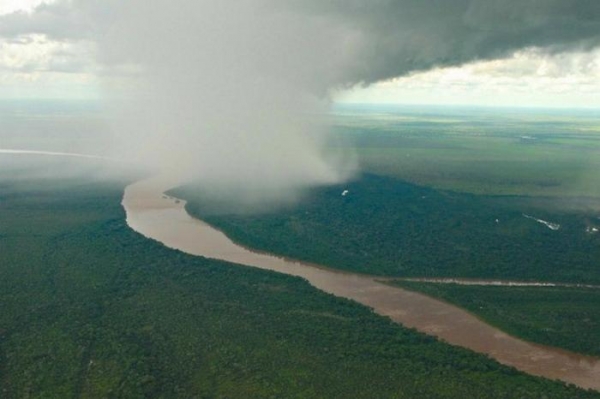One of the challenges in treating burn victims is the frequency of dressing changes, which can be extremely painful.
articles
Predictive Models Show Wildlife Managers Where to Find Destructive Feral Swine
Feral swine are considered one of the top invasive species of concern in North America because of the damage they do to agricultural and natural systems.
Polar Bears of the Past Survived Warmth
In a recent paper, scientists wrote that a small population of polar bears living off Greenland and Arctic Canada increased by 1.6 times when they compared the numbers from the 1990s to 2013 and 2014.
How Much Cobalt Can Be Mined in THE US? Study Examines Domestic Mining Site in Idaho
A new study published in Geology evaluates the potential for cobalt extraction from the Idaho Cobalt Belt (ICB) of east-central Idaho, using a detailed study of the Iron Creek deposit.
Brazilian Algorithm Aims to Project Future of Amazon Rainforest and Predict Changes in Carbon Capture
A group of researchers at the State University of Campinas (UNICAMP), in São Paulo state, Brazil, has developed an algorithm that projects the future of vegetation in the Amazon, presenting scenarios for transformation of the forest driven by climate change.
Fires Burn Across Quebec
An unusually intense start to Canada’s wildfire season filled skies with smoke in May 2023.










